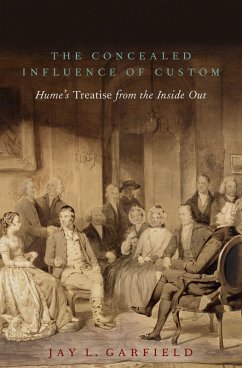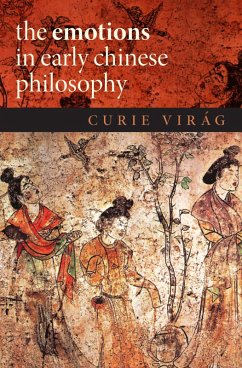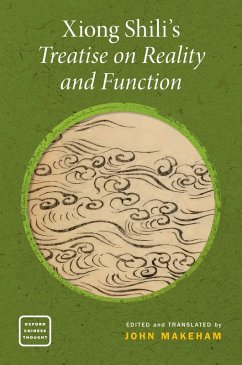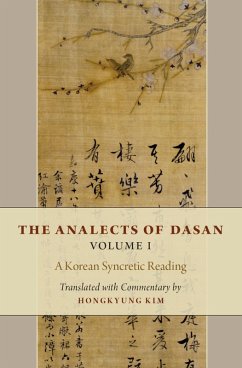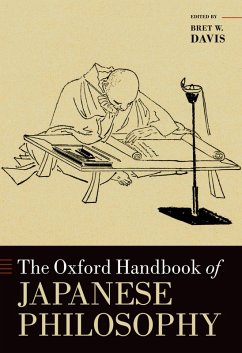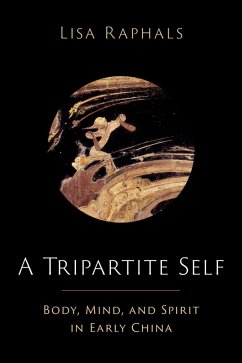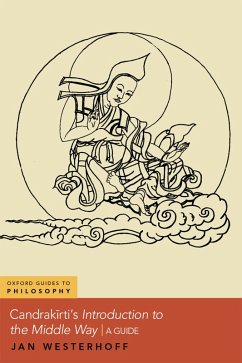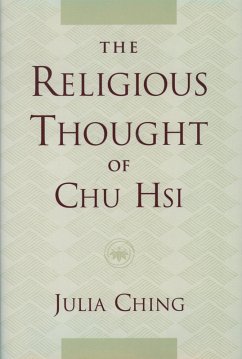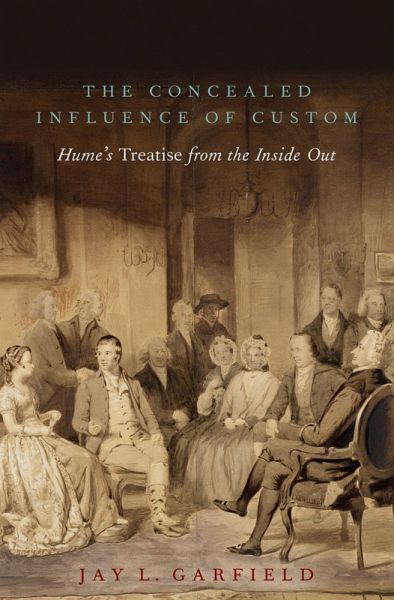
The Concealed Influence of Custom (eBook, PDF)
Hume's Treatise from the Inside Out
Versandkostenfrei!
Sofort per Download lieferbar
36,95 €
inkl. MwSt.
Weitere Ausgaben:

PAYBACK Punkte
18 °P sammeln!
Jay L. Garfield defends two exegetical theses regarding Hume's Treatise on Human Nature. The first is that Book II is the theoretical foundation of the Treatise. Second, Garfield argues that we cannot understand Hume's project without an appreciation of his own understanding of custom, and in particular, without an appreciation of the grounding of his thought about custom in the legal theory and debates of his time. Custom is the source of Hume's thoughts about normativity, not only in ethics and in political theory, but also in epistemological, linguistics, and scientific practice- and is the...
Jay L. Garfield defends two exegetical theses regarding Hume's Treatise on Human Nature. The first is that Book II is the theoretical foundation of the Treatise. Second, Garfield argues that we cannot understand Hume's project without an appreciation of his own understanding of custom, and in particular, without an appreciation of the grounding of his thought about custom in the legal theory and debates of his time. Custom is the source of Hume's thoughts about normativity, not only in ethics and in political theory, but also in epistemological, linguistics, and scientific practice- and is the source of his insight that our psychological and social natures are so inextricably linked. The centrality of custom and the link between the psychological and the social are closely connected, which is why Garfield begins with Book II. There are four interpretative perspectives at work in this volume: one is a naturalistic skeptical interpretation of Hume's Treatise; a second is the foregrounding of Book II of the Treatise as foundational for Books I and III. A third is the consideration of the Treatise in relation to Hume's philosophical antecedents (particularly Sextus, Bayle, Hutcheson, Shaftesbury, and Mandeville), as well as eighteenth century debates about the status of customary law, with one eye on its sequellae in the work of Kant, the later Wittgenstein, and in contemporary cognitive science. The fourth is the Buddhist tradition in which many of the ideas Hume develops are anticipated and articulated in somewhat different ways. Garfield presents Hume as a naturalist, a skeptic and as, above all, a communitarian. In offering this interpretation, he provides an understanding of the text as a whole in the context of the literature to which it responded, and in the context of the literature it inspired.
Dieser Download kann aus rechtlichen Gründen nur mit Rechnungsadresse in A, B, BG, CY, CZ, D, DK, EW, E, FIN, F, GR, HR, H, IRL, I, LT, L, LR, M, NL, PL, P, R, S, SLO, SK ausgeliefert werden.




